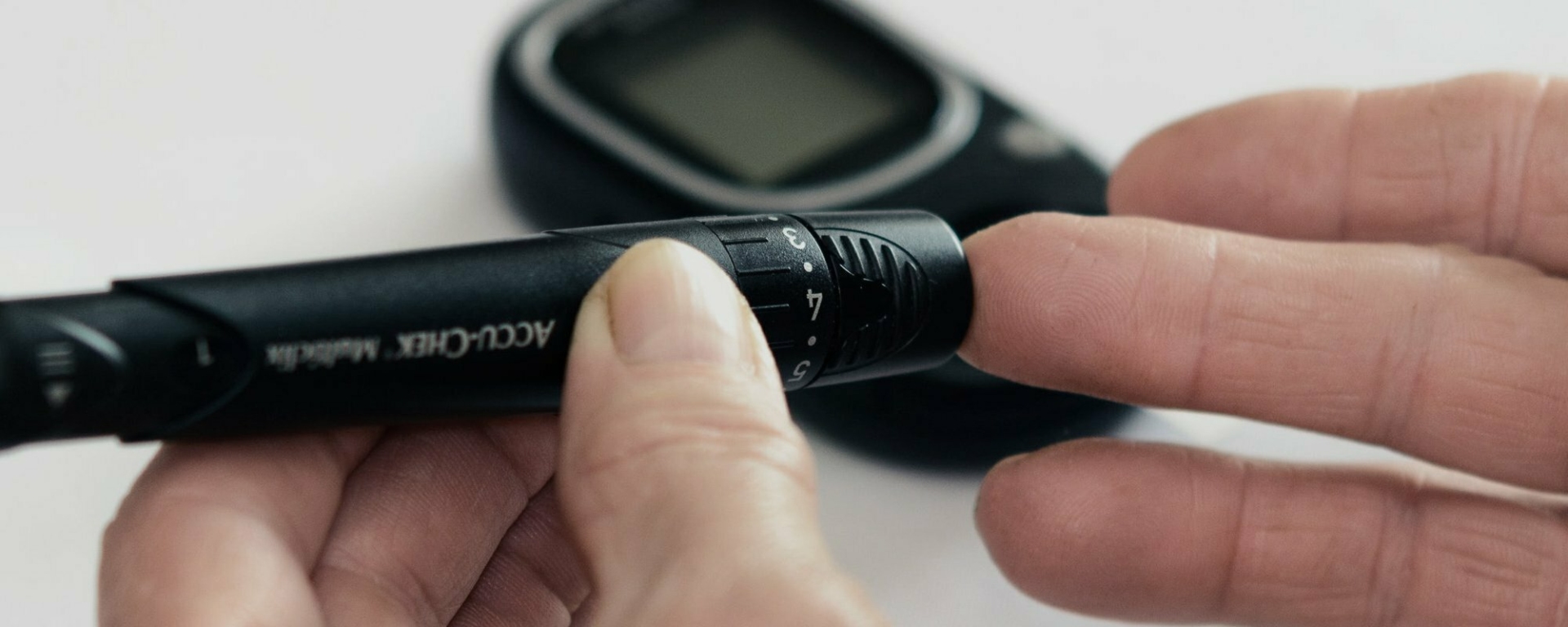Type 1 diabetes
Previously called “juvenile diabetes” and often diagnosed in childhood (but not necessarily), this type of diabetes occurs when the pancreas stops producing insulin.
There is no known way to prevent type 1 diabetes.
Type 2 diabetes
Generally, this type of diabetes develops after the age of 10. A balanced diet and regular physical activity can help prevent type 2 diabetes, often related to an unhealthy lifestyle (e.g., being overweight, smoking, lack of exercise). Recently, an increase in the number of people suffering from this type of diabetes has been observed, particularly in younger people.
Symptoms
Often people have diabetes and don’t know it. This is why it is so important to have yearly check-ups with your health care professional, where you can be tested for diabetes and other diseases that could predispose you to developing diabetes (e.g., pre-diabetes, or metabolic syndrome).
Symptoms to watch for:
- Increased thirst
- Frequent urination
- Increased hunger
- Feeling unusually tired
- Unexplained weight loss
- Sudden changes in your vision, especially blurry vision
Dangers of diabetes
Diabetes that is not well controlled (when blood sugar levels are often high) can increase the risk of developing other conditions such as:
- Cardiovascular disease (heart attack, stroke, erectile dysfunction)
- Neurological disorders (such as neuropathy)
- Kidney disease
- Eye disease (retinopathy, cataracts)
Fortunately, there are ways to prevent the development or progression of some of these health problems.
Treatment
Unfortunately, diabetes cannot be cured at this point in time. The only existing treatment is to maintain an optimal blood glucose level and prevent complications brought on by diabetes.
Reduce associated risks
Once you have been diagnosed with diabetes, you can reduce your risk of developing complications by paying close attention to your overall health and carefully monitoring your condition. Some helpful strategies include:
- Healthy eating habits
- Close monitoring of your glucose levels. (It has been shown that diabetics who frequently test their blood sugar levels can achieve better control. Blood glucose meters are available at Access pharma affiliated pharmacies.)
- Exercise regularly
- Strict medical follow-up (It is important to see your doctor regularly. This will involve blood tests to measure cholesterol and other lipids (fatty acids), frequent eye exams, blood pressure monitoring, and other tests as recommended by your doctor. Testing frequency will vary from person to person.)
Diabetes Québec
The mission of Diabetes Québec, which has existed for more than 50 years, is to inform about, raise awareness of, promote the prevention of diabetes, fund research, provide services to and defend the rights of people with diabetes.
It offers information sessions and answers, via it’s telephone line InfoDiabète, via thousands of calls from people who need information or help. Plein Soleil, is Diabetes Québec’s quarterly review that is a great information tool about the disease, its impact and how to approach treatment, both for the person who is affected and their loved ones. The organisation also has a website, which is considered a reference in the French-speaking world, that provides information for the public. Its educational service Diabétaide educates both diabetics and health care professionals who take care of them and is supported by a solid network of affiliated associations across Québec.
Diabetes testing in the pharmacy
Accès Pharma offers a diabetes-testing clinic by health care professionals. Talk to them about the disease so you can get educated about it and its’ treatment. You can also get information about diet, exercise and medication.
To download the PDF brochure, click here.
This information is not a substitute for professional medical advice and Accès pharma affiliated pharmacist-owners cannot be held responsible for this information. The information was true and accurate at the time of publication, but it is subject to change.






